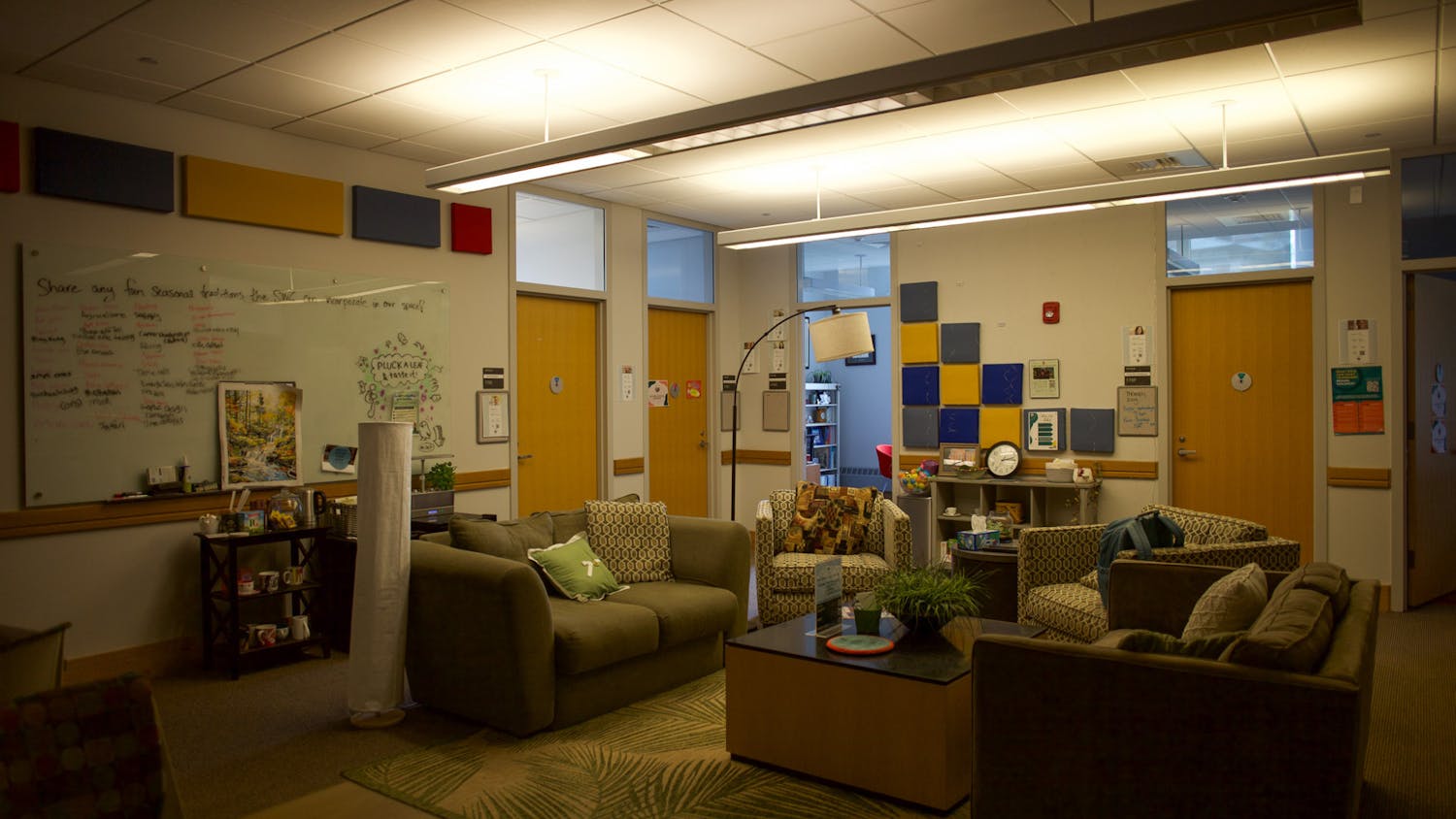Pending approval by its members, the downtown Hanover location of the Co-op Food Store will begin renovations this October, adding 2,700 square feet and several new food options while improving its energy efficiency. The $5.3 million proposal requires majority approval among Co-op members who choose to vote during the approval period, which will last through April.
Regardless of the vote’s outcome, the Hanover Co-op Management and Board will proceed with structural renovations, and the store will remain open during construction, Hanover Co-op Management and Board communications director Allan Reetz said.
Of the total cost, $1.5 million will come from the Co-op’s existing finances, while loans from local banks and the National Cooperative Bank will provide the remaining $3.8 million, Reetz said.
Reetz said the renovations will not impact pricing, and the proposal states that prices are determined by “market costs and conditions.”
Co-op management and board members identified the need for renovations five years ago but did not begin the planning process until 2012, Reetz said. If the proposal is approved, updates will include improvements to structure, insulation and efficiency, as well as the expansion.
New offerings could include a sushi counter, smoked meat program and an expanded prepared food department, including a full-service kitchen and hot food buffet. The plan also calls for wider aisles, a simplified floor plan and a café with inside and outside seating.
Genie Braasch, the Hanover Co-op’s board administrator, said that the renovation will boost customers’ in-store experience by adding natural light and a new entrance on South Park Street to increase its accessibility to students on campus.
The proposal aims to reduce the store’s environmental footprint using LED lighting and a new heating and cooling system.
The voting outcome will be announced May 1, Reetz said.
If the proposal does not pass, structural renovations would happen over a two- to four- year period rather than a one-year period.
If it does pass, renovations would begin with the addition of floor space, allowing the Co-op to rotate its offerings through the remaining space while new areas of the store are under construction.
“In this way, even under construction, customers can buy what they want,” Reetz said.
Voting for the proposal is being conducted by paper ballot and online and has not yet closed, but Braasch, who frequently mans the information tables at the Hanover Co-op, said that many people have indicated interest.
Of three students interviewed, all expressed worry that the cost of products may rise.
Michael Baicker ’17 said the Co-op would benefit from a more modern feel. Mitchell Goff ’17, from Hanover, said that the store has always been smaller and less modern than the Co-op food store in Lebanon. The Hanover Co-op’s focus has always been on the health food market, and by making the space more open and spacious he feels that the store would better fit the quality of the product, he said.
Local residents interviewed also expressed favorable opinions toward the renovation. Laurie Pollard, of West Lebanon, said the renovations will improve customer satisfaction by allowing people to shop more comfortably.
The Hanover Co-op was founded by 17 members of Dartmouth’s faculty as the Hanover Consumers Club in 1936.



